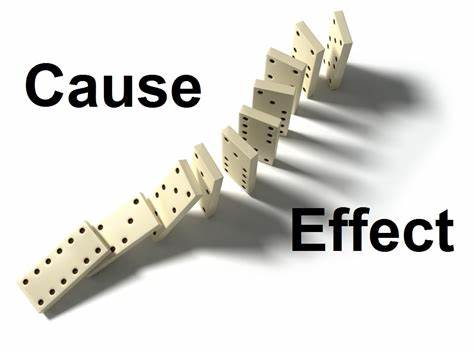Causes and Effects of Fetishism
This article explores fetishism. Its causes are complex. Accidental events in adolescence can lead to conditioned reflexes. Psychosexual development during this period, influenced by environment and experience, may shift sexual impulses. Abnormal development, inner conflict, and lack of sexual knowledge also contribute. Introverted patients may use defense mechanisms. Understanding these helps in prevention and treatment. Adequate guidance and sex education for adolescents are essential to establish healthy sexual concepts and behaviors.
Fetishism, a psychological phenomenon that may not be mentioned much in life, but is real. Have you ever heard of drying underclothes that have disappeared or puzzling behaviours around you? All of these may be related to fetishism. In this article, we will explore the causes of fetishism and how it affects an individual's psychological and social behaviours, helping us to understand this complex psychological issue in an all-round way.

I. Accidental Events and Psychological Shadows
Many fetishists' behaviours originate from an accidental event. These events may leave a deep impression in the patient's mind and gradually form pathological conditioned reflexes. For example, accidental contact with the opposite sex during adolescence may trigger a strong sexual desire that evolves into an attachment to a specific object. This kind of attachment, after repeated reinforcement, becomes a psychological barrier that is difficult to get rid of.
II. Psychological Exploration During Adolescence
Adolescence is a critical period for psychosexual development. At this stage, due to the influence of social and cultural environment and sexual experience, some adolescents may turn their sexual impulses to symbols of the opposite sex. Restrictions on male-female contact during the middle and high school years make this shift more common. The initial accidental acquisition of objects of the opposite sex and sexual arousal gradually becomes habitual in repetition, eventually forming a fetish.
III. Abnormal Psychosexual Development and Inner Conflict
Fetish patients usually have abnormal psychosexual development. They may be introverted and experience frustration in their gender relationships, leading to inner conflict and anxiety. To alleviate this anxiety, they shift the target of their sexual urges to objects such as female articles through psychological defence mechanisms. Subconscious worries about their genitals and their functions may also prompt them to look for safer objects for sexual behaviour, such as intimate objects of the opposite sex.
IV. Lack of Sexual Knowledge and the Driving of Curiosity
Lack of sexual knowledge and curiosity are also one of the reasons for the formation of fetishism. Curiosity and exploration of sex is a normal psychological phenomenon during adolescence, but if there is a lack of proper guidance and education, this curiosity may go to extremes, leading to the emergence of problems such as fetishism.
VI. Conclusion
Fetishism is a complex psychological phenomenon, and its causes are varied, involving accidental events, adolescent psychological problems, abnormal psychosexual development and lack of sexual knowledge. Understanding the causes of fetishism helps us to understand this psychological disorder more deeply and provides ideas for prevention and treatment. For adolescents, proper guidance from parents and teachers is crucial. By providing comprehensive sex education, paying attention to the mental health of adolescents and correcting misconducts in a timely manner, we can help them establish healthy sexual concepts and behavioural patterns, and promote their all-round development.
Hot Articles

Break Barriers to Homeownership: No Down Payment, No-Income Verification Mortgages Available Now!

Unlocking Affordable 1-3 Bedroom Apartment Options

Secure Your American Education: 90% More Scholarships Available – Apply for Free Today!

El análisis de datos en la era digital: cómo transforma nuestra vida y decisiones